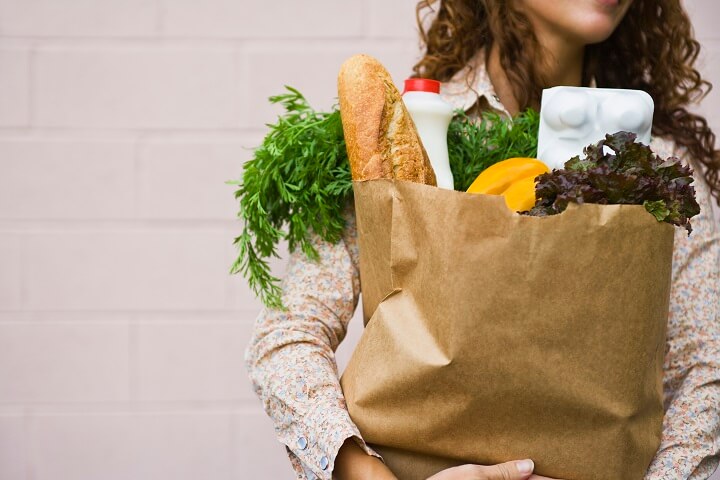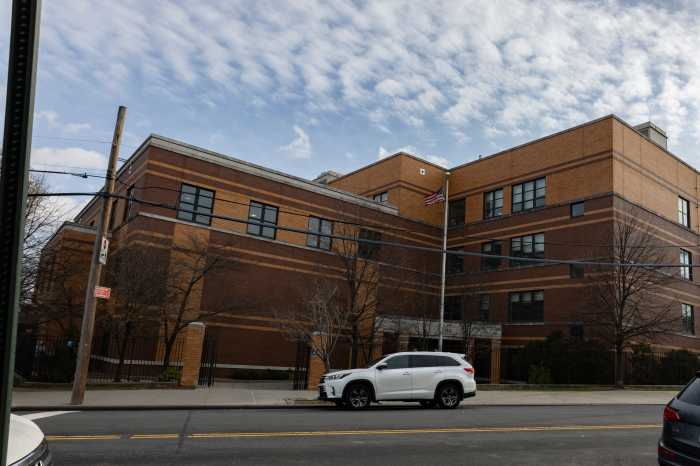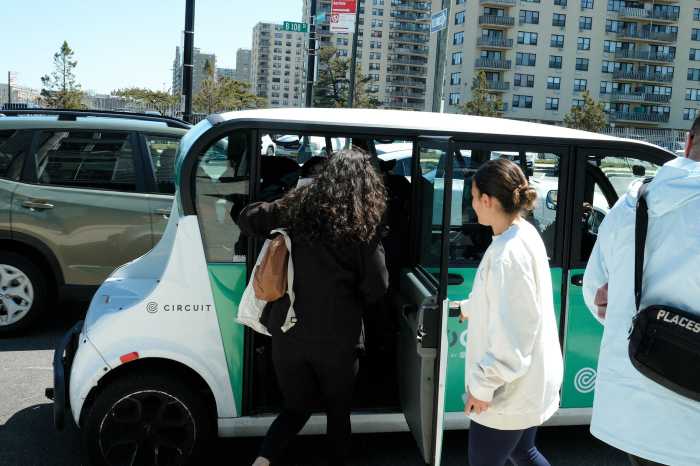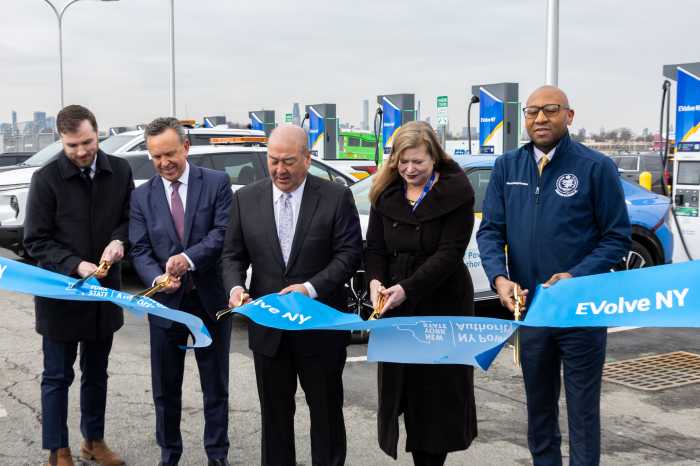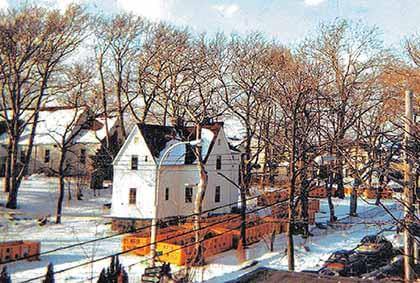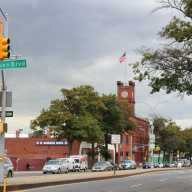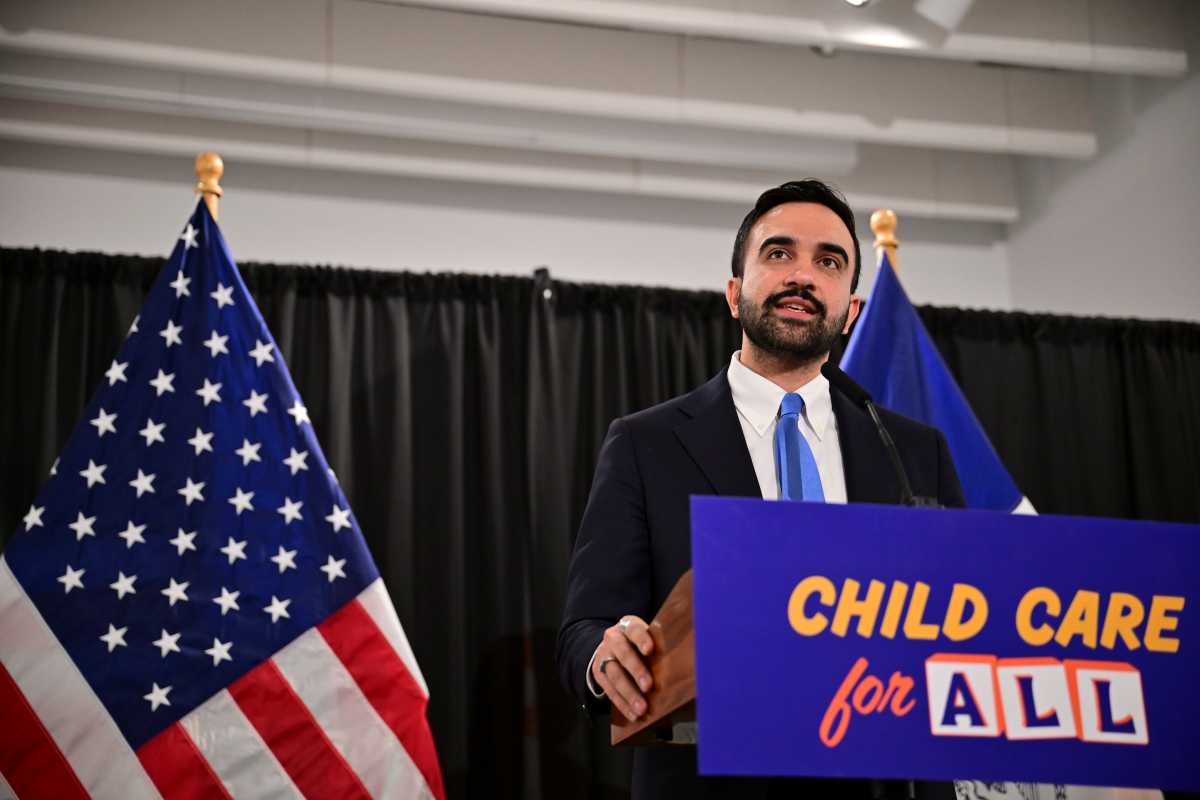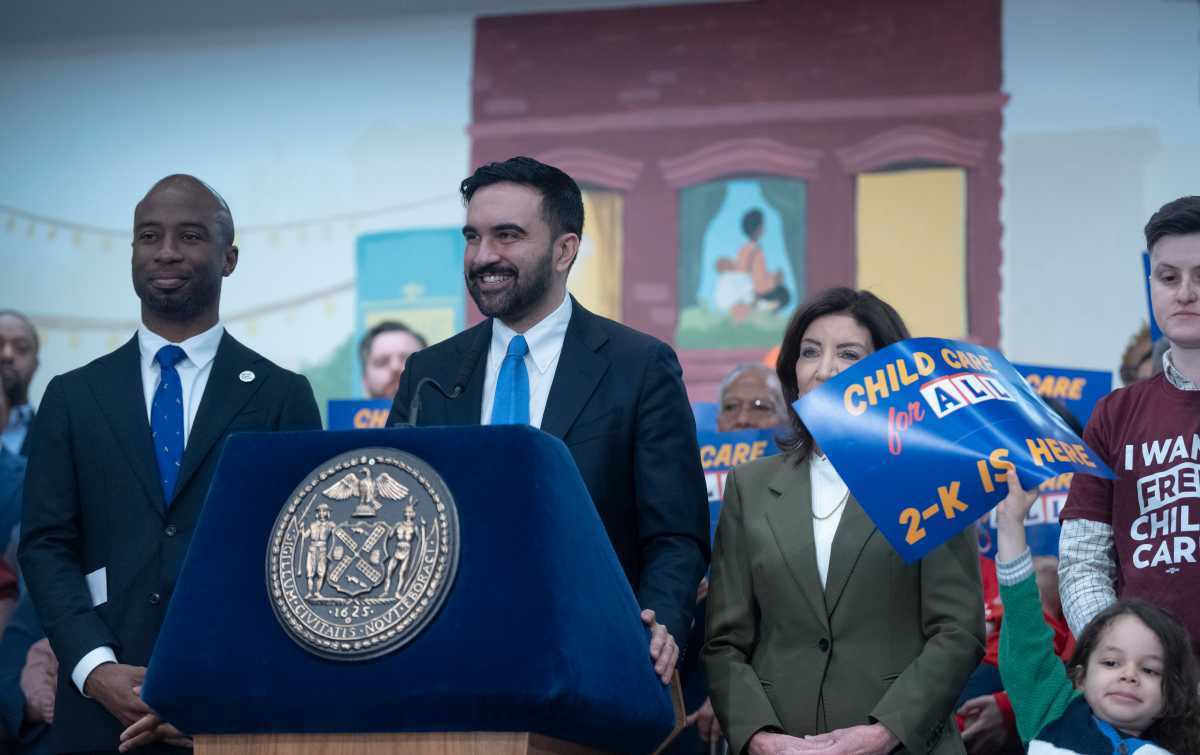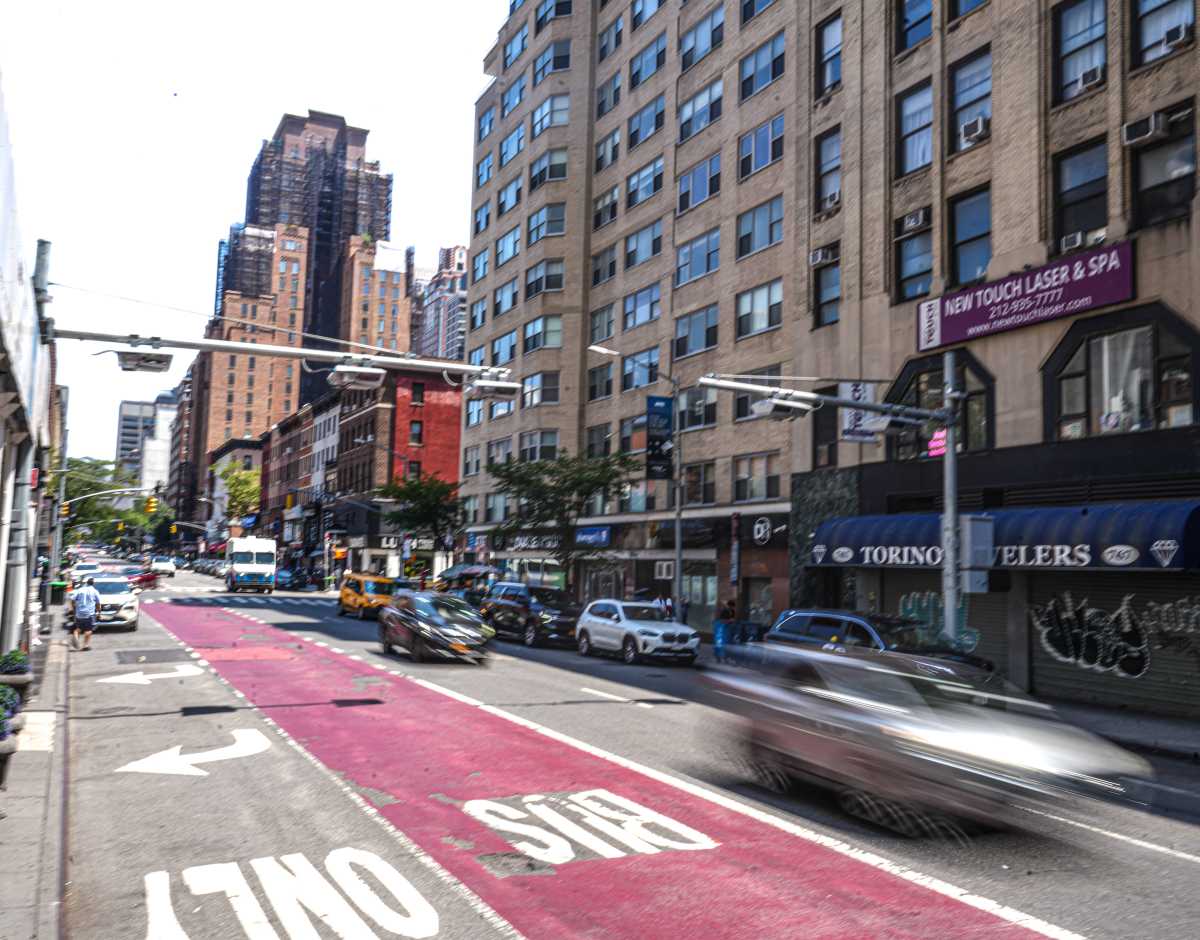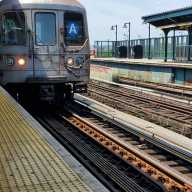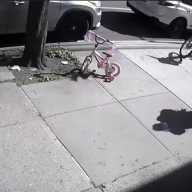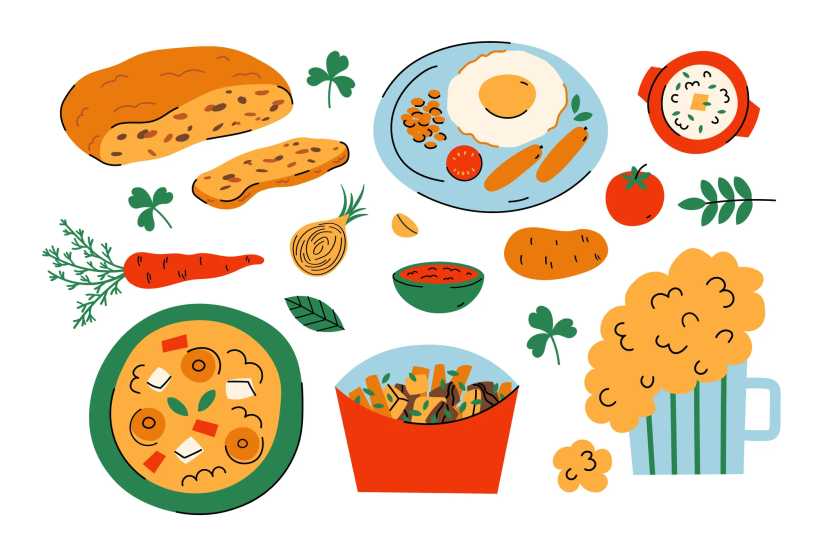After City Council approved a bill that would place a tax on single-use paper bags, Councilman Robert Holden is calling the move burdensome on the middle class.
Set to take place after a statewide ban on plastic bags takes effect, the paper bag tax would put the cost of 5 cents on each paper bag used in a transaction at store across the city.
“As if it wasn’t enough that we are taxed to death in every facet of our lives, the New York City Council has just passed another regressive tax,” Holden said. “While ensuring our environment is clean for generations to come, a line must be drawn somewhere. I voted NO because this legislation will only add more pressure on our senior citizens who already live on a fixed income, and will once again put the burden on the middle class.”
The plastic bag ban was passed in the budget at the beginning of April, making New York the third state in the nation to take a stand against the bags which are not biodegradable and land a heavy impact on wildlife.
Mayor Bill de Blasio signed an executive order on April 11 intended to be the beginning of the end for reusable plastics and said while even paper products should be reduced, there needs to be option for low-income New Yorkers.
“We are looking at a whole host of questions around reusable products,” de Blasio said. “This is something I’ve talked about in terms of getting rid of plastic bags and paper bags that we’ve got to come up with some kind of option for folks of limited means. And we’re looking at everything. We’ll be looking at plastic bottles. You’re going to see a number of things coming out.”
The Citizens Budget Commission backed the fee on paper bags, pointing out that they while they are biodegradable, their production alone is not in the best interests of the environment.
“Single-use bags are an environmental problem,” CBC testimony read. “Plastic bags make up about 2 percent, or 71,000 tons, of the city’s residential waste stream; they cost $12.1 million annually to landfill and take more than 500 years to decompose. While paper bags will degrade if landfilled, they also have negative environmental impacts. They require substantial water to produce and are heavier to transport than single-use plastic bags, leading to higher associated greenhouse gas emissions.”
Disagreement over how the reusable bags should be managed has been debated going back to early 2017. Councilman Barry Grodenchik argued against a 5 cent fee on plastic bags proposed by the mayor and blocked by the state Assembly with a moratorium.
“The 5 cents collected per bag would not benefit the city or the environment, but instead go directly into merchants’ pockets. It is unfortunate that the state government had to get involved, but it was necessary,” Grodenchik said. “I will continue to fight to permanently block this tax. Surely there are better ways of achieving our shared goal of responsible environmental stewardship.”
Cuomo put a moratorium on any legislation at the city level pertaining to plastics that would last until 2018 calling the city’s attempt to place of 5 cent fee on plastic bags a “flawed” approach.
“Most objectionable is that the law was drafted so that merchants keep the 5 cent fee as profit, instead of the money being used to solve the problem of plastic bags’ environmental impact – essentially amounting to a $100 million per year windfall to merchants,” Cuomo said in February 2017 upon issuing the moratorium.
The 5 cent fee on paper bags is set to go into effect on March 1, 2020, upon being signed by the mayor.

